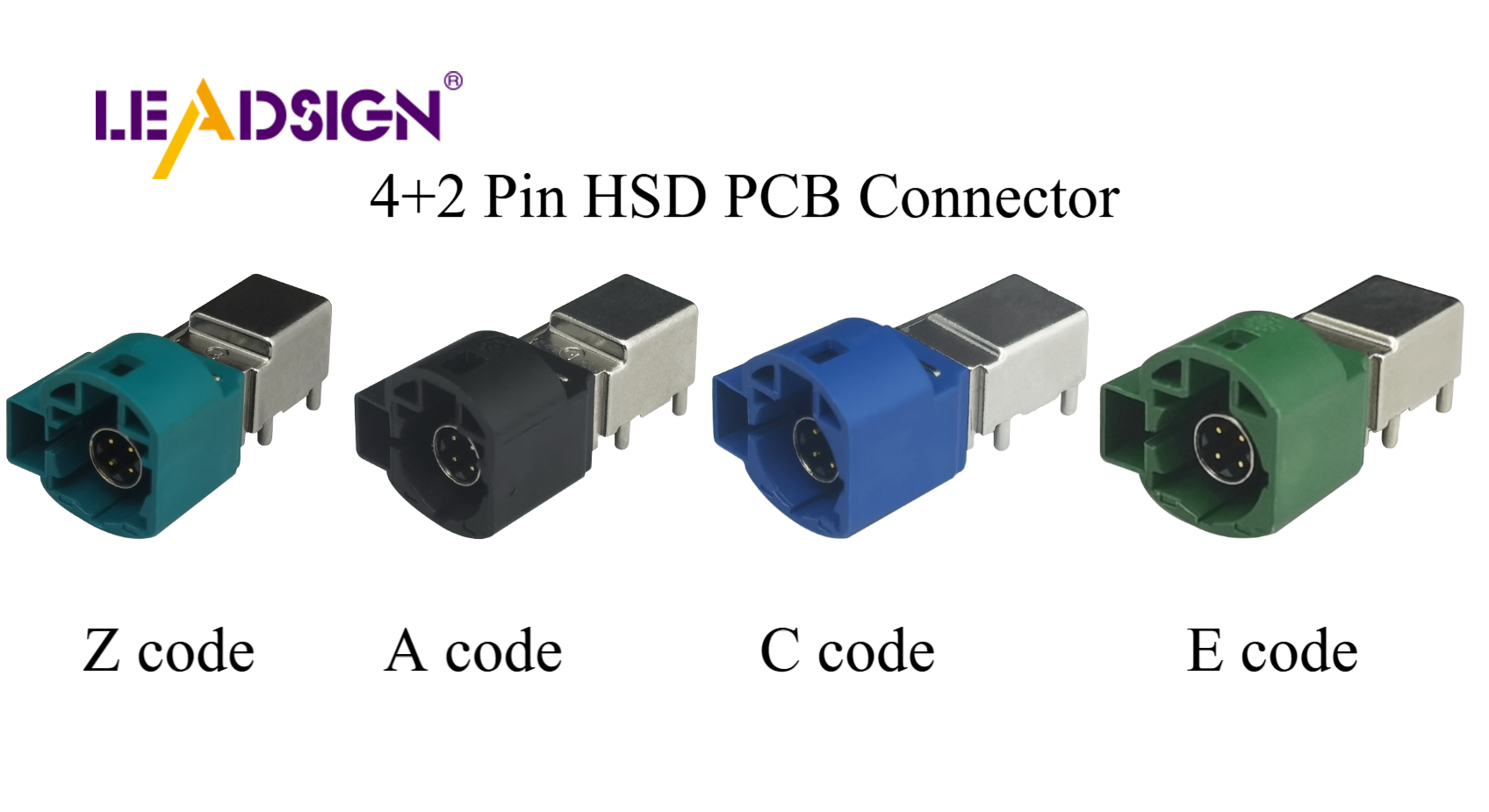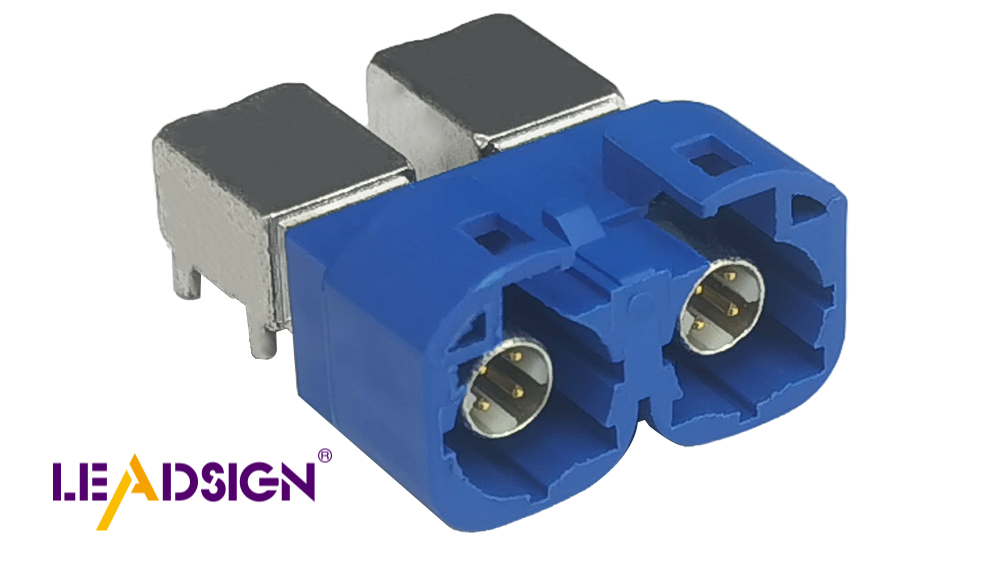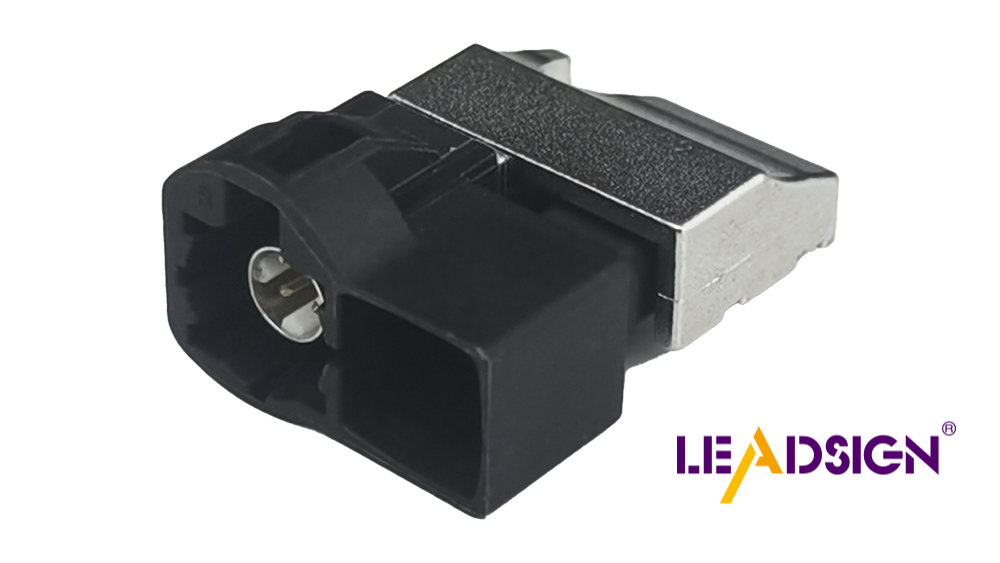Never Overlook These Wiring Connector Types

Choosing the right wiring connector types is crucial for maintaining safe and efficient electrical systems. You may not realize that approximately 10% of work-related fatalities are due to electrocutions, often resulting from poor connections. Various wiring connector types are designed for specific tasks, addressing issues such as silver migration or rust. Understanding these connectors can help prevent accidents and enhance the performance of your electrical projects. Always consider the application and environment in which you will use them. Select the best connector type to meet your needs.
Key Takeaways
Choosing the right wiring connector is essential for safety and efficiency in electrical systems, helping to prevent accidents.
Familiarize yourself with different types of wire connectors, such as twist-on, crimp, push-in, and solder, to select the best option for your project.
Twist-on connectors are ideal for quick, indoor jobs, while crimp connectors provide strong, reliable connections for moving applications like cars.
Push-in connectors offer ease of use for home projects, allowing for quick connections and disconnections without tools.
Solder connectors create durable links for high-vibration environments, making them suitable for automotive and aerospace applications.
Regularly inspect and maintain your wire connectors to ensure reliability and prevent potential hazards in your electrical systems.
Understanding the specific applications and limitations of each connector type will enhance the performance and longevity of your electrical projects.
Understanding Wiring Connector Types
When you work with electricity, know about wire connectors. These small parts keep your connections safe and working well.
Purpose of Wire Connectors
Wire connectors are important in electrical systems. They join wires together safely. This stops wires from touching metal and causing problems. This safety is key for your projects. Wire connectors come in different colors, materials, and sizes. Pick the right one for your job.
General Types of Wire Connectors
There are many types of wire connectors. Each has a special use. Here are some common ones:
Twist-On Wire Connectors: Also called wire nuts, they twist onto wires. They hold wires together tightly. Use them for small wires.
Crimp Connectors: You need a tool to attach these. They make strong connections. They are good where things might shake.
Push-In Connectors: Easy to use, just push wires in. They have a spring that holds wires tight.
Wire Terminals: These help connect wires to screws or posts. They come in different sizes for different jobs.
Knowing these wiring connector types helps you choose wisely. Pick the right one for safe and good electrical work.
Types of Wire Connectors

Twist-On Connectors
Features of Twist-On Connectors
Twist-on connectors, or wire nuts, join wires easily. Twist them onto wire ends for a tight fit. They come in many sizes and colors to match wires. Inside, a metal coil grips wires firmly.
Advantages of Twist-On Connectors
Twist-on connectors are easy to use by hand. No tools needed. They are great for quick fixes and small jobs. They make strong connections, lowering the chance of problems. You can also disconnect them easily for changes.
Ideal Use Cases for Twist-On Connectors
Use twist-on connectors at home or in small shops. They connect lights, switches, and outlets well. They work for low power and indoor use. Don't use them where it's wet or very hot.
Crimp Connectors
Features of Crimp Connectors
Crimp connectors need a special tool. Put the wire in and squeeze it tight. They come in styles like ring and spade. They often have covers to stop short circuits.
Advantages of Crimp Connectors
Crimp connectors are strong and last long. They handle shaking and moving well. Use them in cars and factories. They stay connected, so wires don't come loose. They fit many wire sizes.
Ideal Use Cases for Crimp Connectors
Use crimp connectors where strength is key. They are good for car wiring and machines. They work well with moving wires. They are also good outside in tough weather.
Push-In Connectors
Features of Push-In Connectors
Push-in connectors, or Wago connectors, have springs. Push wire ends in, and the spring holds them. They can connect many wires at once. They are small and simple to use.
Advantages of Push-In Connectors
Push-in connectors are easy. No tools needed. They hold wires tight, so they don't come loose. You can disconnect and reconnect them easily. They are good for setups that change often.
Ideal Use Cases for Push-In Connectors
Use push-in connectors at home or work. They connect lights, outlets, and switches. They fit in small spaces. Don't use them where there's a lot of shaking.
Solder Connectors
Features of Solder Connectors
Solder connectors join wires well. Heat melts solder to stick wires. It cools and hardens, making a strong link. They often have a tube for safety. The solder keeps wires tight and safe.
Advantages of Solder Connectors
Solder connectors let electricity flow well. They make a strong link that doesn't shake loose. This is good where things need to stay still. Solder connectors keep wires joined for a long time.
Ideal Use Cases for Solder Connectors
Use solder connectors in cars and planes. They are good where things shake, like machines. They work for projects needing a strong link, like special electronics. Make sure you know how to use them right.
Comparing Wire Connector Types

When picking wire connectors for your project, knowing how they work is key. Each connector type has special uses and benefits. Let's look at these to help you choose wisely.
Differences in Installation and Use
Twist-On Wire Connectors: You can put these on by hand. Just twist them onto wires. They are good for quick and small jobs. But, they might not work well where there's a lot of shaking or wetness.
Crimp Connectors: You need a tool to use these. Put the wire in and squeeze it tight with the tool. This makes a strong link, great for cars and factories where things move a lot.
Push-In Connectors: These are easy to use. Push the wire ends in, and a spring holds them. They are great for home wiring because they are simple and can join many wires at once.
Solder Connectors: Heat melts the solder inside to join wires. They make a strong bond and are good for places with lots of shaking, like cars or planes.
Best Applications for Each Type
Twist-On Wire Connectors: Best for indoor work, like lights and switches. Not good for outside or wet places.
Crimp Connectors: Great for car wiring and machines. They are strong and handle lots of movement.
Push-In Connectors: Perfect for home projects. Easy to use and change, good for outlets and switches.
Solder Connectors: Use in cars and planes. They stay connected even with shaking and heat changes.
By knowing these differences, you can pick the best wiring connector types for your needs. Each type has its own strengths, making your electrical work safer and better.
Knowing different wire connectors is important for safe connections. Each type, like twist-on or solder, has special features. Choose the right one for your project. Think about where and how you will use it. For example, use crimp connectors where things move. Push-in connectors are good for home projects. Always pick safe and reliable connectors. This helps your electrical systems work better and last longer.
FAQ
What are the most common types of wire connectors?
You will often see different wire connectors in electrical systems. These include twist-on, crimp, push-in, and solder connectors. Each type has a special job and fits different uses. Knowing these helps you pick the right one for your project.
How do I choose the right wire connector for my project?
Choosing the right wire connector depends on your project's needs. Think about the place, the type of connections, and how much movement there is. For example, crimp connectors are good for places with lots of shaking. Push-in connectors are great for quick and easy setups.
Why is electrical resistance important in wire connectors?
Electrical resistance is very important for wire connectors. Checking resistance helps know how long connectors will last. Low resistance means good connections, which stops overheating and problems.
How can I ensure the reliability of my wire connectors?
To keep connectors reliable, check and care for them often. Look for damage like rust or loose parts. Regular checks stop dangers from bad connectors, keeping your wiring safe and working well.
What are inline wire splice connectors used for?
Inline wire splice connectors join two wires in a straight line. They make a strong connection, often used in cars and factories. These connectors are great for fixing or extending wires without changing the setup.
Are tap wire connectors suitable for outdoor use?
Tap wire connectors can be used outside if made for it. Look for ones with weatherproof parts, like silicone, to keep out water. Always check the maker's guide to see if they work outside.
Can I use solder connectors for all types of electrical projects?
Solder connectors are great for strong, lasting connections. They are used in cars and planes where stability is key. But they might not work for projects needing many changes or disconnections.
How do I safely disconnect a push-in connector?
To safely disconnect a push-in connector, gently pull the wire while pressing the release button, if there is one. Don't pull the wire without releasing the spring, as this can break the connector or wire.
What precautions should I take when using wire connectors?
When using wire connectors, pick the right type for your job. Follow the maker's instructions for use. Check connectors often for wear or damage, and replace them to keep connections safe and working well.
How do wire connectors contribute to system health?
Wire connectors are key for keeping electrical systems healthy. They make sure connections are safe and work well, lowering the chance of failures. By picking the right connectors and checking them often, you can make your systems last longer and work better.
See Also
Why Quad Mini Fakra Connectors Matter in Cars
FAKRA Connectors: Their Versatility and Significance Explained
Everything You Need to Know About Fakra Connectors

